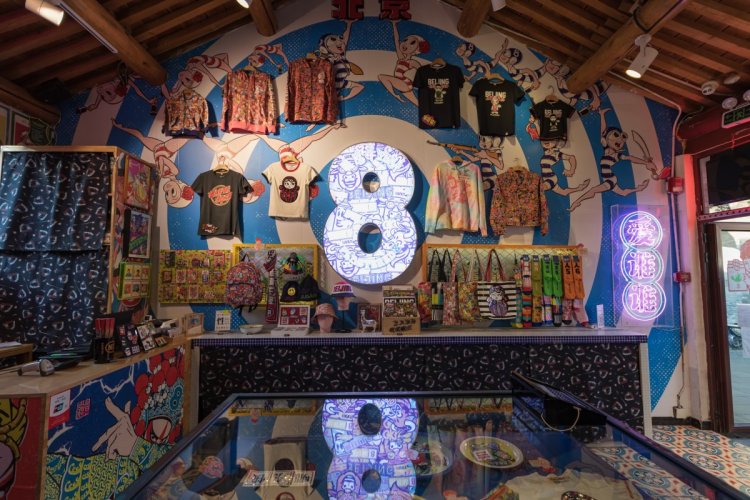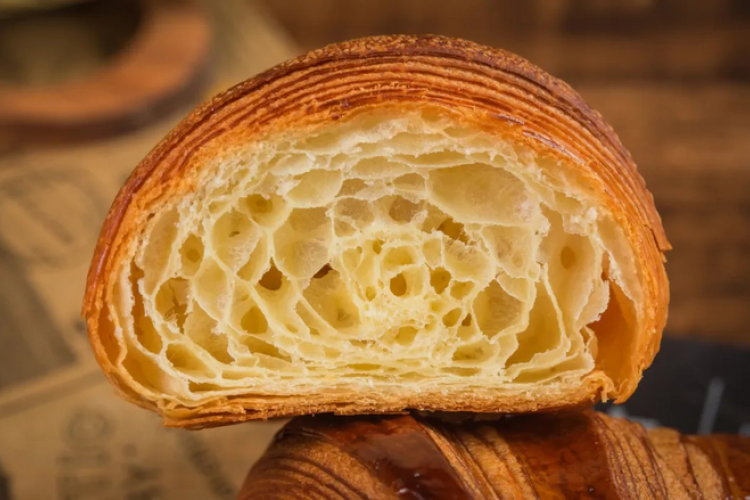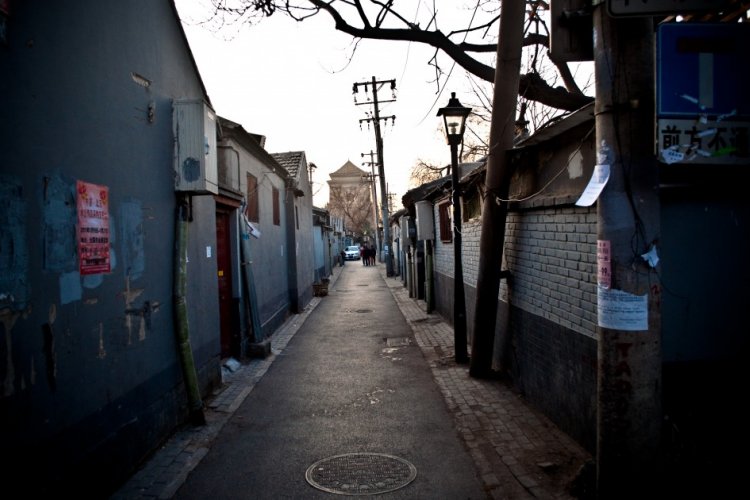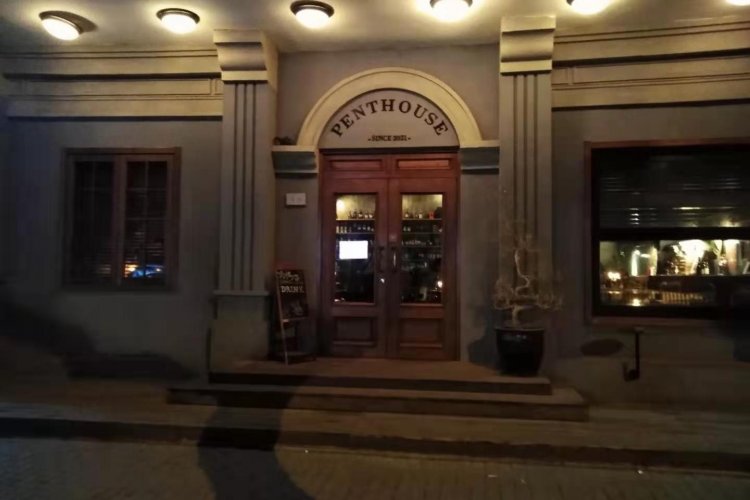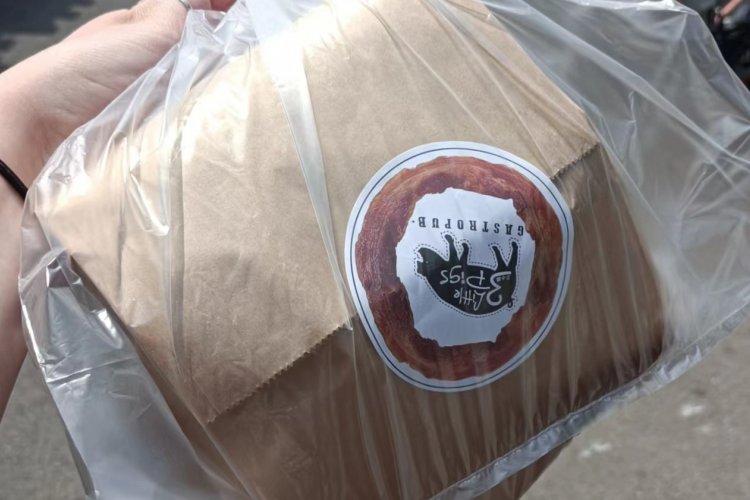Countdown to the End of Nanluoguxiang As We Love It?
"Greed," says King Tai, owner of the well known Korean restaurant Saveurs de Corée on Nanluogu Xiang. "It's human nature."
The tale is as old as it is predictable, almost not worth rehashing. But here goes. About five years ago, Nanluogu Xiang was an alleyway frontier, quiet and understated. When a few residents of hutong houses got the bright idea to rent their spaces to bar and boutique owners, the neighborhood began its gradual evolution into a pulsating and contemporary nerve center, a "hub of creativity," as tbj's Iain Shaw put it last November, "a culture -- at least, one side of what modern Beijing culture is." But the bandwagon of consumers and window-shoppers that followed inevitably carried the lure of commerce, money. And sure enough, behind them rode the bandits of Greed.
Money-gouging landlords are forcing out first-generation Nanluogu Xiang entrepreneurs. Mirch Masala, known for its exceptional Indian food at bargain prices (35-kuai lunch buffet, for example), recently moved to Ritan Park (130 Ritan Highlife, Yabao Lu). Fish Nation, another Nanluogu Xiang staple, closed its doors in late-March, although the owner's Orange Tree is still open on Dashibei Hutong off Gulou Xidajie. Other lesser-known businesses have shuttered their doors as well.
"Small shop owners like us, maybe we're not really good business people," says King, who opened shop in 2006. "We share things, we do what people want, not necessarily what the market demands. That makes Nanluogu Xiang different from the rest of Beijing, maybe different from the rest of China. It's what draws people."
But now, "The atmosphere is not the same, the environment is not the same," says Orange Tree owner Jay Leng. When Fish Nation's five-year lease recently expired and the landlord asked for a 400 percent rent increase, from 150,000 yuan per year to around 600,000, Leng saw the writing on the wall. It may not say chai, but it's painted with the same principles at heart.
Not all landlords are the same, which is to say that not all are unreasonable with their tenants. But it's likely that most of Nanluogu Xiang's landlords, regular laobaixing from Old Beijing who grew up together and hit the jackpot together when their quiet neighborhood turned into what it is today, talk amongst themselves about the market rate. The question remains, if successful establishments like Mirch Masala don't believe the asking price is worth it, will retailers? Will Nanluogu Xiang become another Houhai, an overdeveloped area that sees turnover as frequently as the changing of seasons?
As Dominic Johnson-Hill, owner of Plastered T-shirts, wrote on his blog, "Its much like the landlords are committing suicide going for the highest possible price only to ruin the street's feel and then the rents go down again." [sic]
It needs to be said that these developments appear unrelated to those at nearby Gulou, but it's not hard to imagine Nanluogu Xiang eventually succumbing (or should we say soaring upon the wings of urban renewal?) to the same fate. Last November, China Daily quoted Yu Yongjun, who works at the office "in charge of the street," as saying, "All businesses in Nanluogu Xiang contribute a total of no more than 500,000 yuan in tax every year. There are more than 120 shops registered in this area, but they are all family businesses. To play up the cultural aspect of the area, we would prefer to cooperate with entertainment companies and performance theaters with a strong cultural background."
You don't need to read that twice to understand, as a shop-owner on Nanluogu Xiang says, "It's a grab for taxes.... They're taking a part of Old Beijing that's organically progressed to a place people want to go and now they're going to change it to a place they think people will like to go." The same shop-owner estimates it'll be within 12 months that Gulou's developers arrive at Nanluogu Xiang's doorsteps.
Part of the problem -- insofar as it can be called that -- is Nanluogu Xiang’s popularity. Time, in December, listed Nanluogu Xiang as one of "25 authentic Asian experiences," a pick that stands to look real silly once the commercial retailers move in. And a Chinese travel book listed it as one of the top 100 places in all of China, putting it in the same context as the Forbidden City and Great Wall. Nanluogu Xiang, in other words, can no longer be called trendy; it is established. And because of that, its place in this country, in the eyes of the powers that be, ultimately rests in a capitalist pasture with the other established cash cows.
King, for his part, says he understands the landlords' thinking, and that he doesn't blame them. "If you come back to the basics of economics as defined by Adam Smith, the market will demand the maximum price one can afford," he says. He's holding out hope that when his current current lease expires in 13 months, his landlord will have a lenient understanding of "maximum price."
"I'm still optimistic that the landlord will understand our situation and gives us the chance to stay," he says. "We love this hutong."
Related stories :
Comments
New comments are displayed first.Comments
![]() Aier2
Submitted by Guest on Fri, 10/15/2010 - 13:20 Permalink
Aier2
Submitted by Guest on Fri, 10/15/2010 - 13:20 Permalink
Re: Countdown to the End of Nanluoguxiang As We Love It?
It was a nice tourist trap.
It was nowhere near as touristy before they put in that new road, also there is a semi-permanent traffic jam there now. WTF is with that?
Please stop painting as cliche rage to riches story - it's wearing thin.
Missing the point.
Tourist trap or not there used to be some worthwhile places to visit.
Those places have mostly been driven away by greedy landlords.
Before: Nice tourist trap.
After: Not nice tourist trap.
![]() acard4u
Submitted by Guest on Thu, 10/14/2010 - 00:34 Permalink
acard4u
Submitted by Guest on Thu, 10/14/2010 - 00:34 Permalink
Re: Countdown to the End of Nanluoguxiang As We Love It?
Five years ago it was a tourist trap. Yes they widened the lane a bit in 07 and a lot of mom and pop stores moved out but it always was and will be a touristy place. Please stop painting as cliche rage to riches story - it's wearing thin.
![]() Aier2
Submitted by Guest on Thu, 04/15/2010 - 11:13 Permalink
Aier2
Submitted by Guest on Thu, 04/15/2010 - 11:13 Permalink
Re: Countdown to the End of Nanluoguxiang As We Love It?
God...I got more and more pissed off just reading this.
Is there no end to the thievery of landlords in this town?
Seems that all successful pubs or restaurants here will ultimately succumb to the same fate: the greedy landlord.
I did an extended stint in the sticks and the NLGX Fish Nation was where I had my first fry up breakfast in several years.
They had a glass roof at the time and outdoor heaters, the hutong rooftops were covered in snow.
Great memory.
![]() charmlady
Submitted by Guest on Wed, 04/14/2010 - 12:12 Permalink
charmlady
Submitted by Guest on Wed, 04/14/2010 - 12:12 Permalink
Re: Countdown to the End of Nanluoguxiang As We Love It?
When the price of that area goes up to 300K rmb/sqm, and your family own a courtyard over 200 sqm, who refuses to sell your home for 60,000,000 when your home is surrounded with people you don't know every day.
Validate your mobile phone number to post comments.


